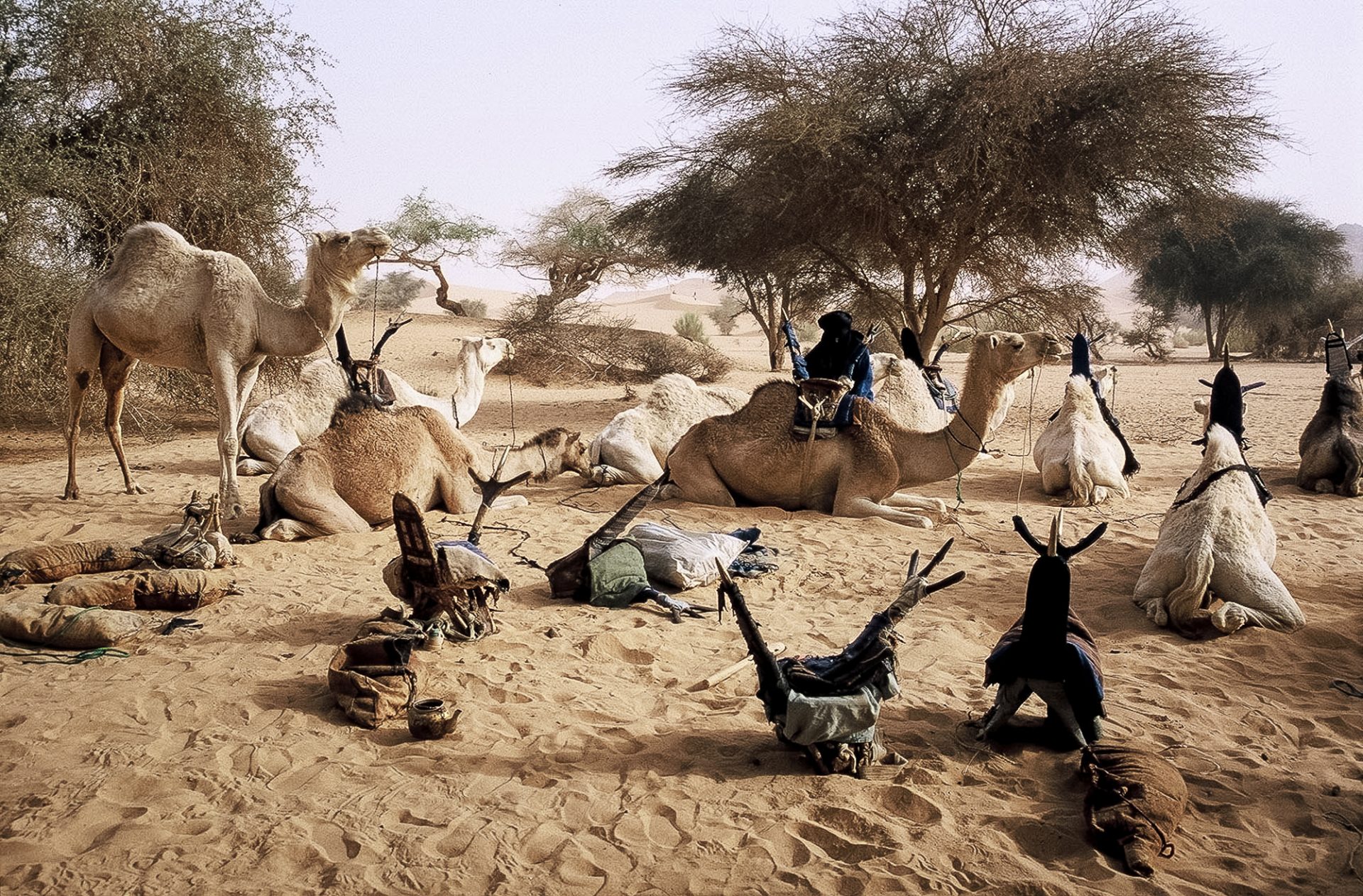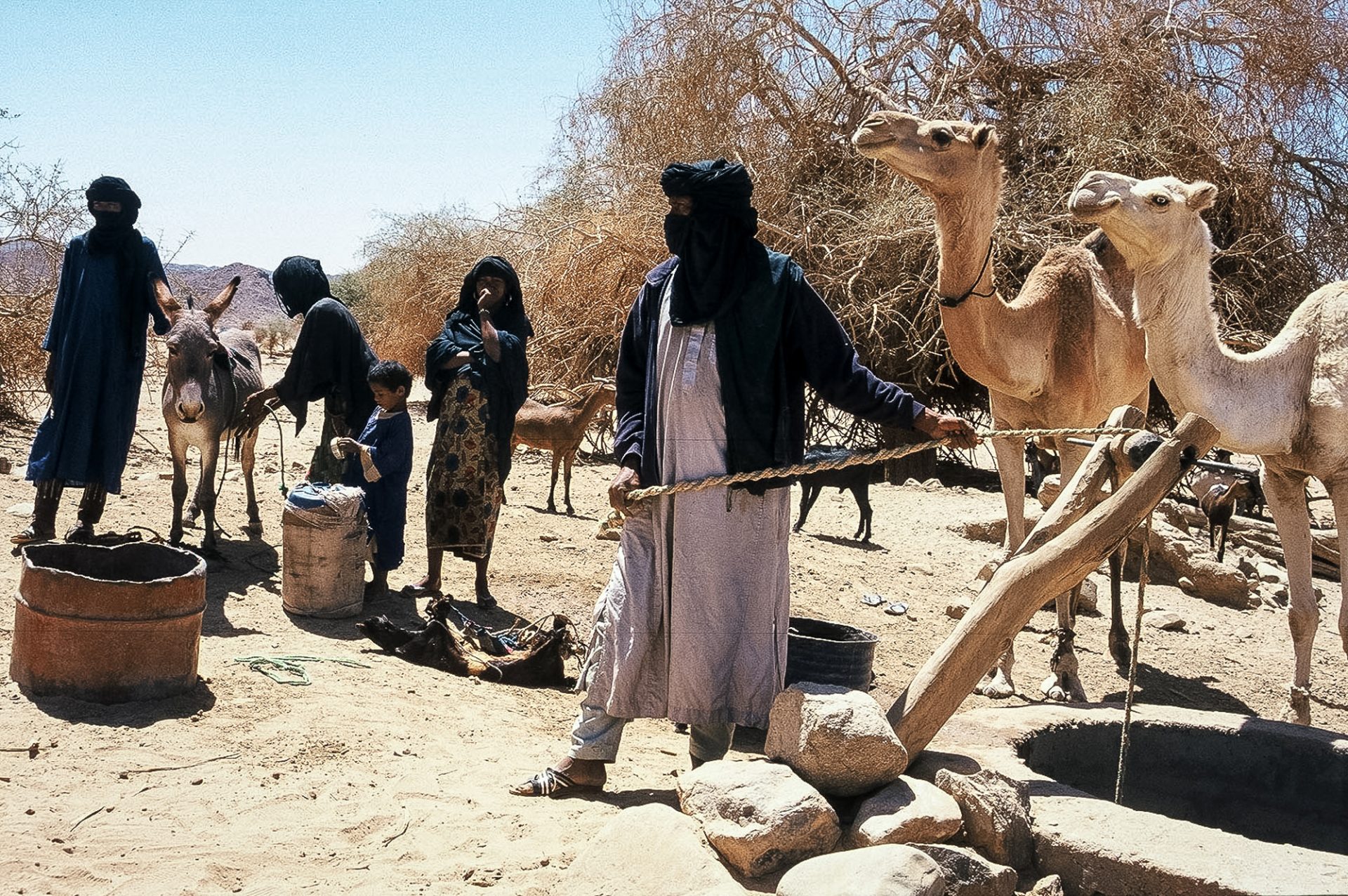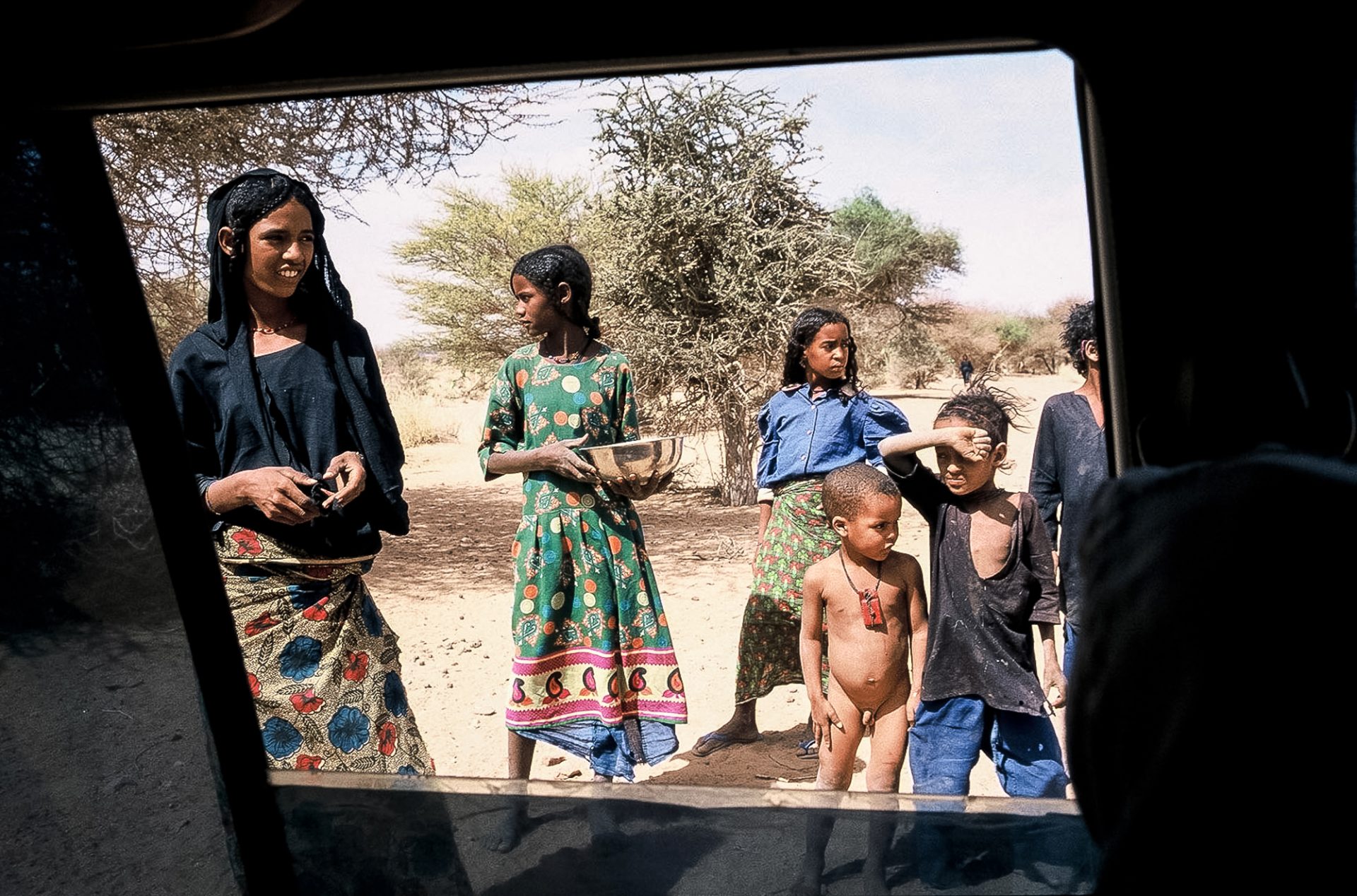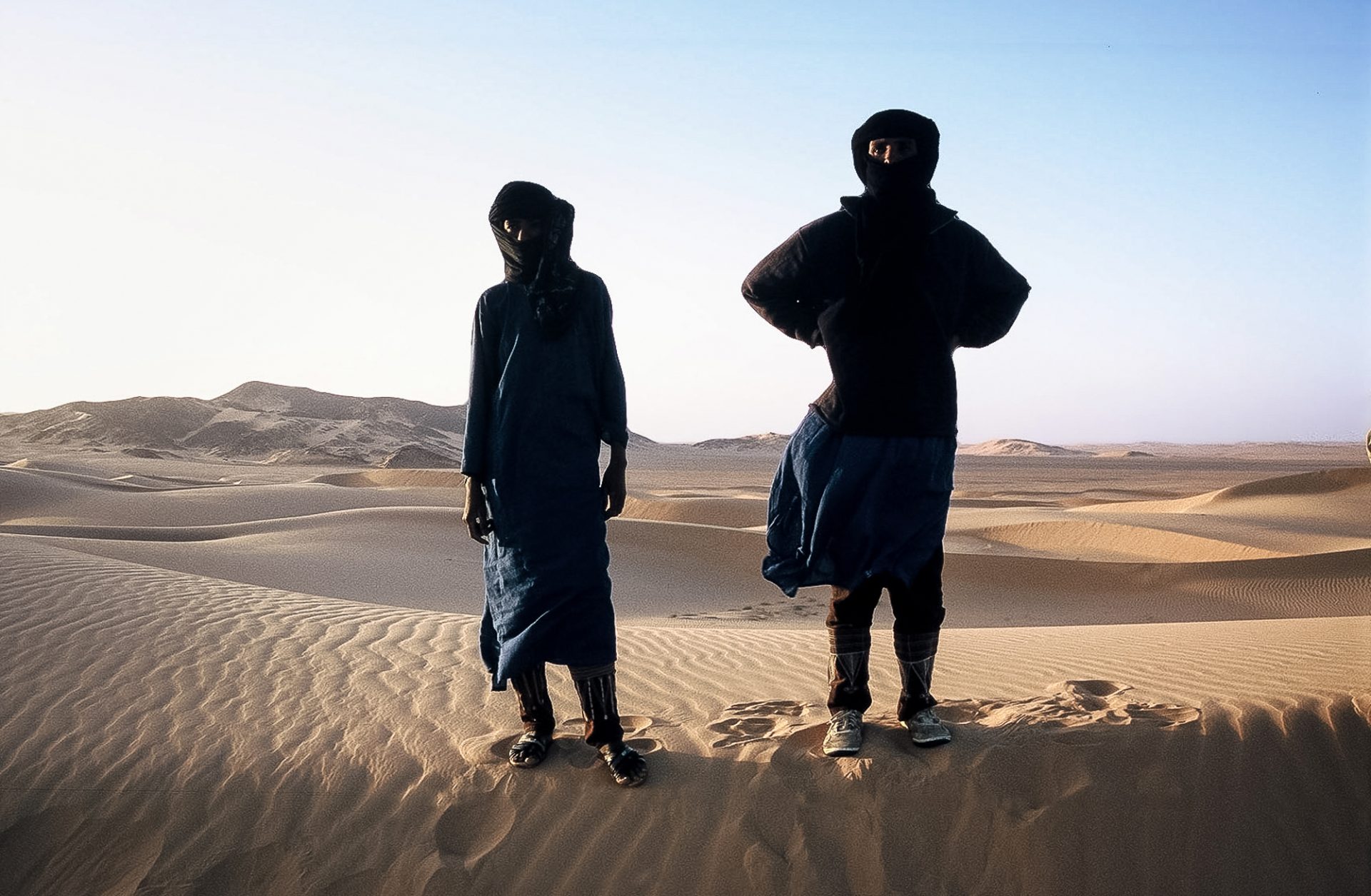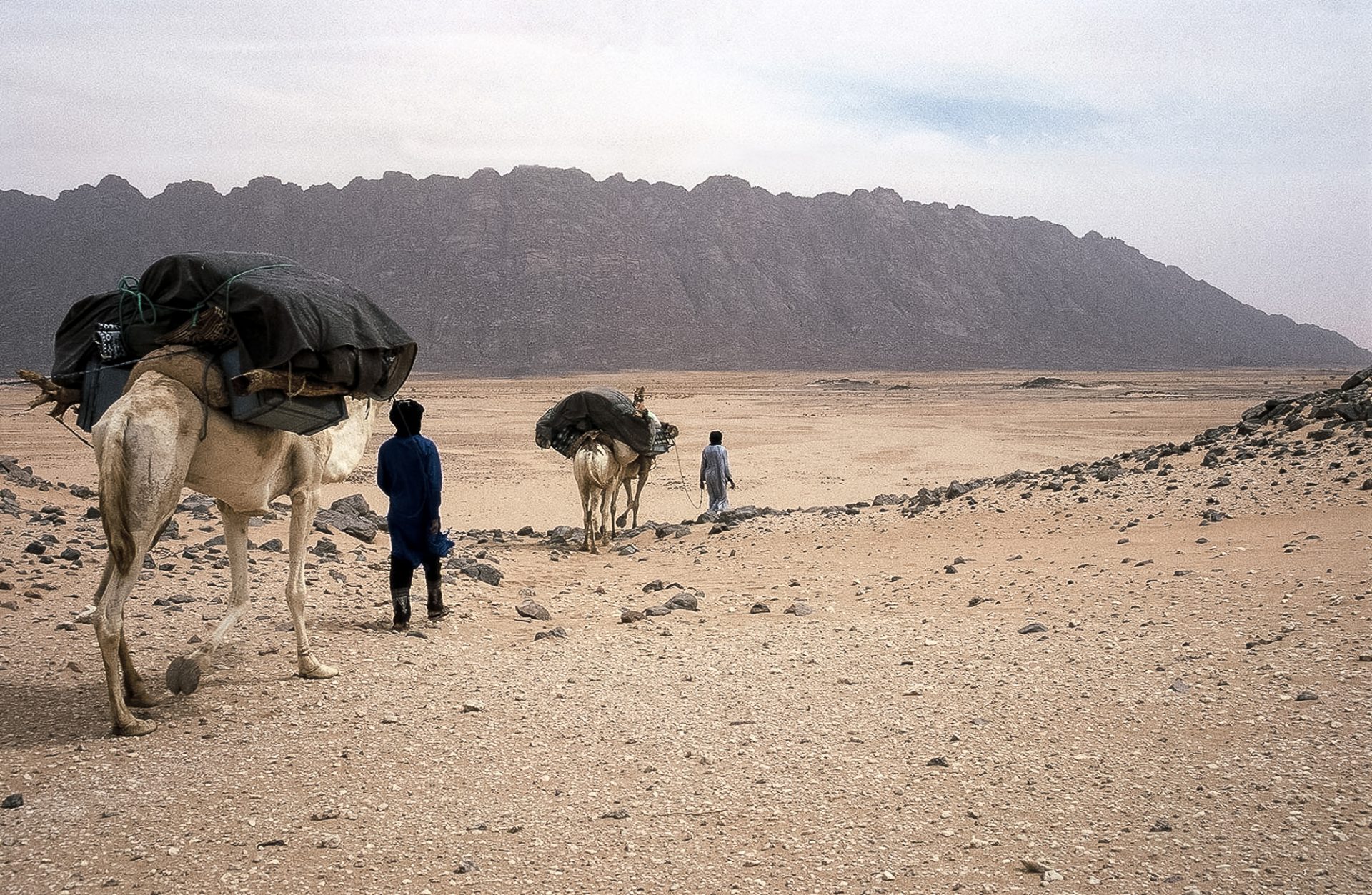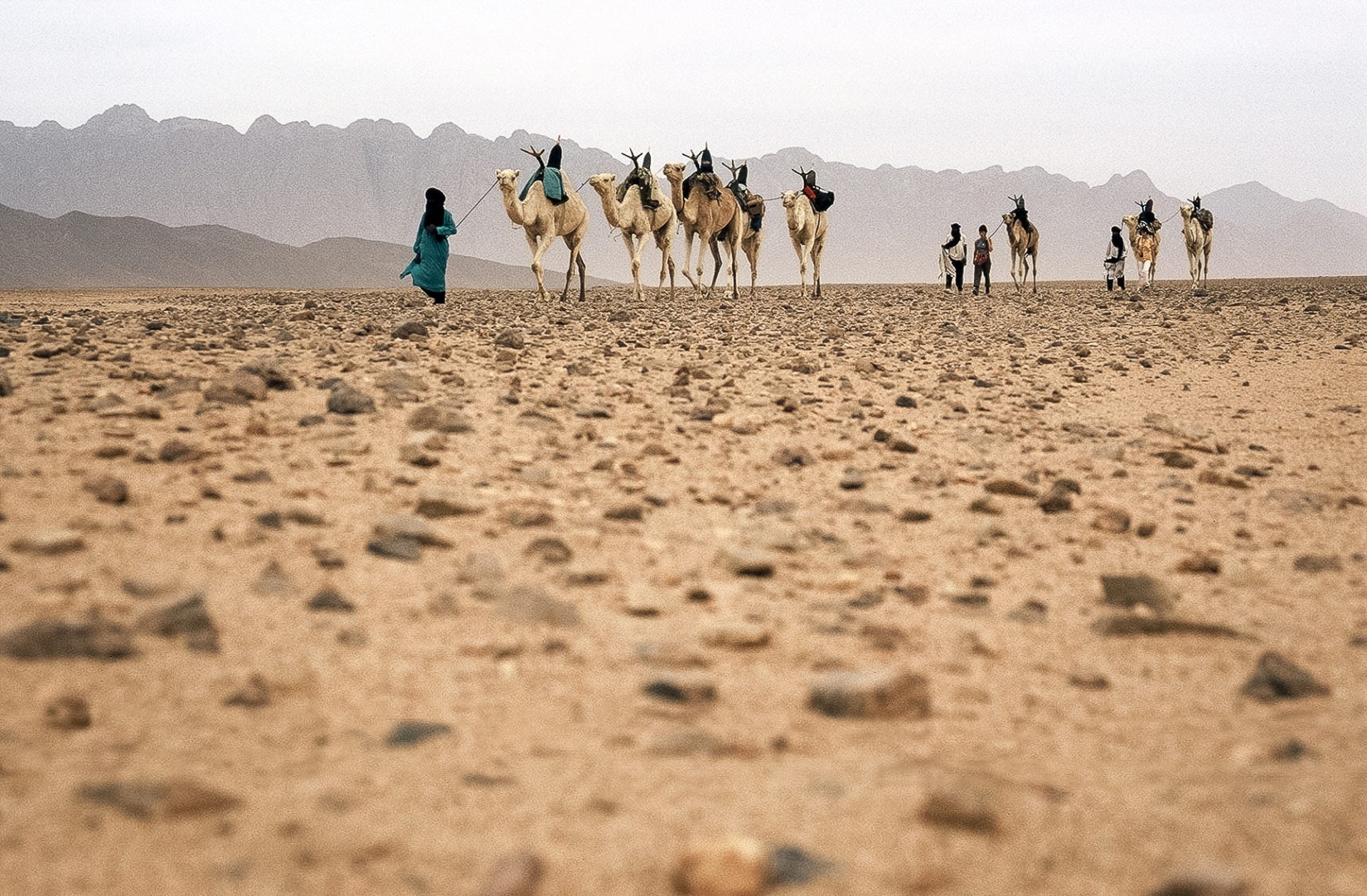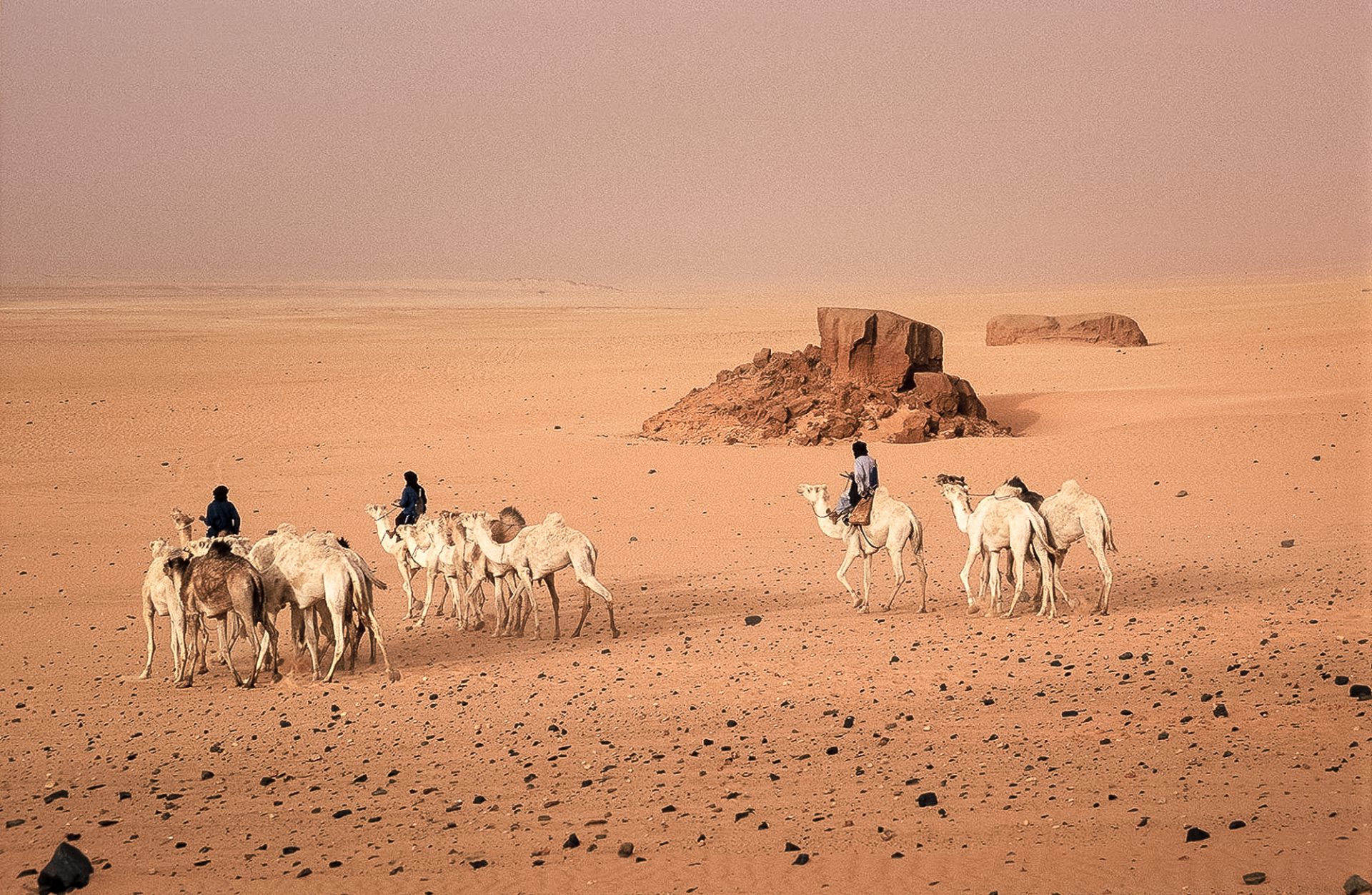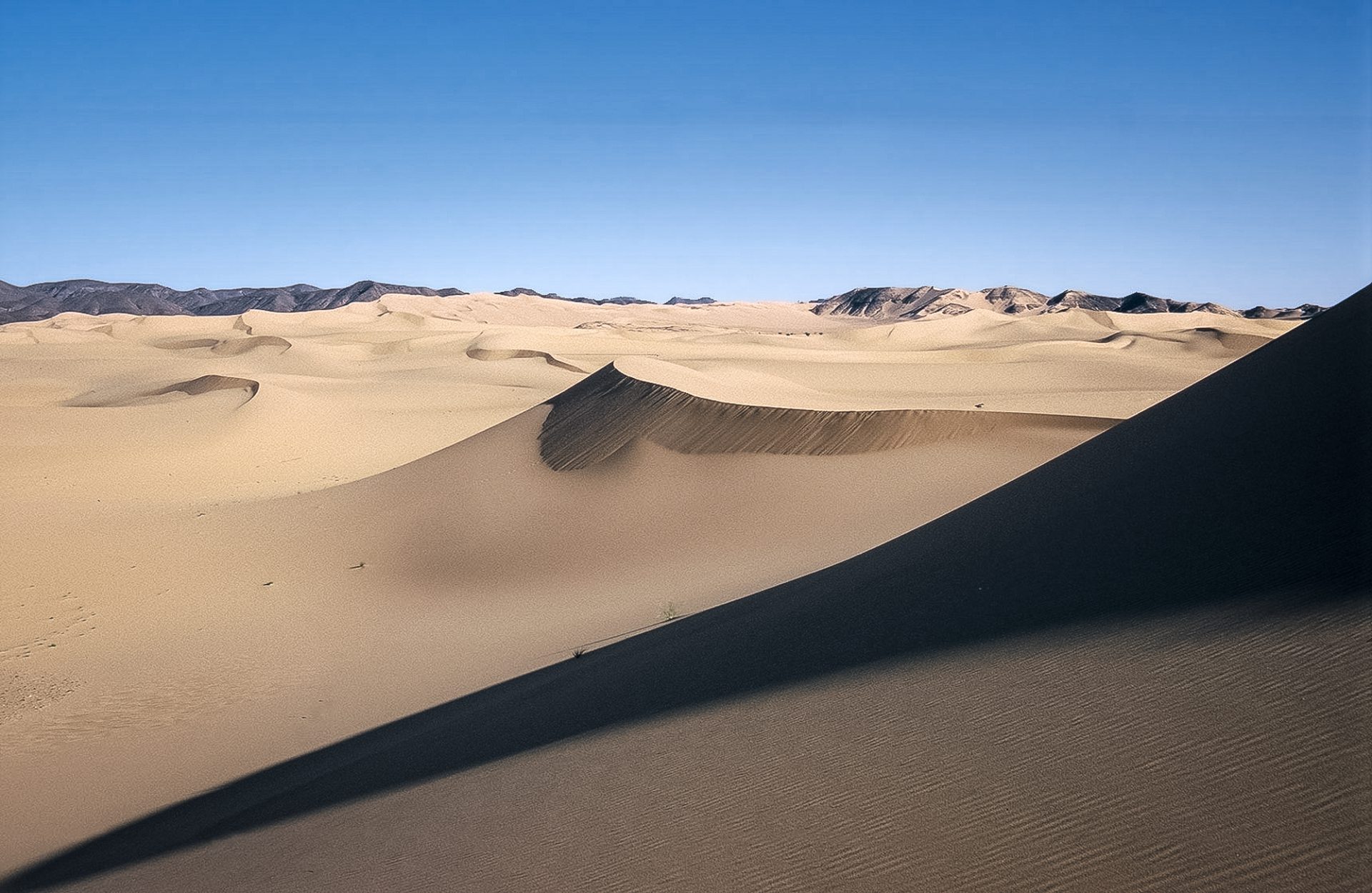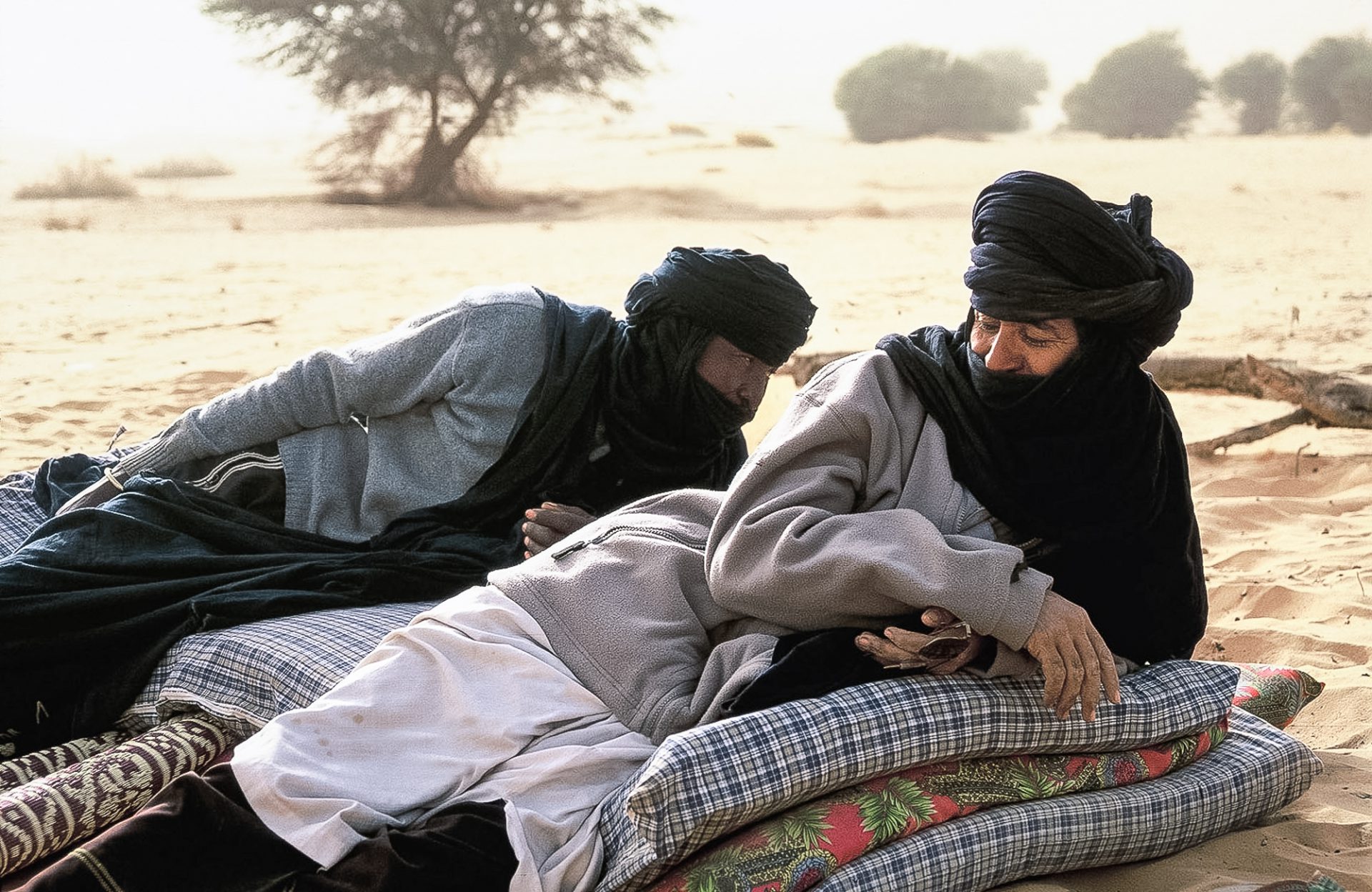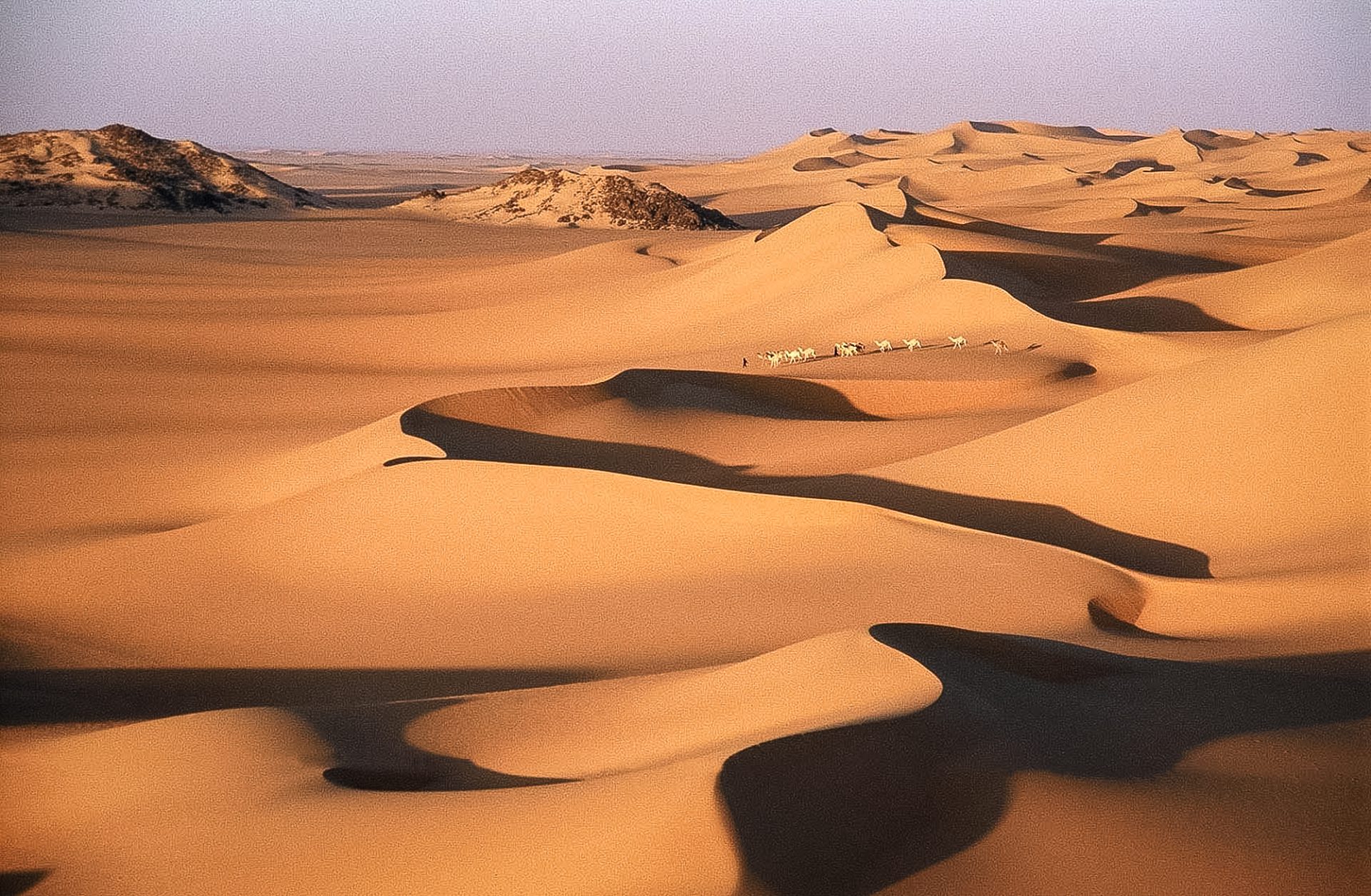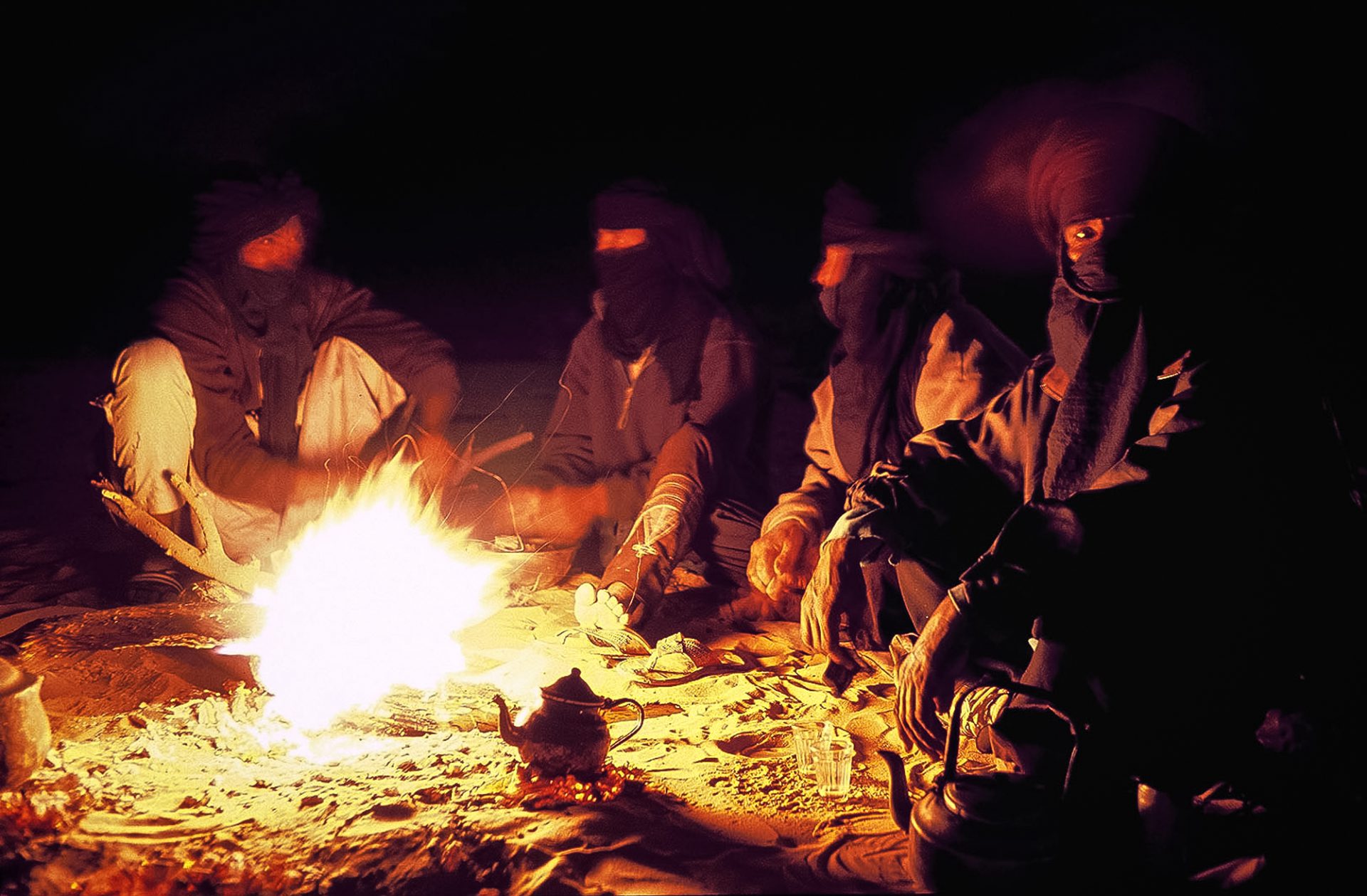Touareg, a people in danger
They proudly call themselves Kel Taggelmoust, “those who wear the veil”; Kel Tamachek, “those who speak Tamachek or Imajeren,” free men. Their long turban, tinged with indigo, which rubs off on their skin, in the West has earned them the nickname of blue men. They are commonly called Tuaregs – the “isolated” – term that the Arab-Muslim conquerors attributed, from the seventh century, to this people who preferred to take refuge in the desert rather than submit.
read more
A Berber people, the Tuaregs live in five countries of the Sahelo-Saharan strip. About 1.5 million but a minority in their respective countries, they are today marginalized. Deeply shaken during the colonial period, fragmented by the African independence of the 60s, rejected on the desert margins of emerging states, repressed by the countries to which they were attached, torn apart today by jihadist conflicts, they also suffer recurrence droughts and the effects of global warming.
These people were once nomadic. In the past thirty years, the Tuareg company has experienced many upheavals. After the loss of their cattle, many nomads have settled in the Saharan cities or ended up in the slums of sub-Saharan metropolises. Thousands of others, idle, took the road to exile. They have the Sahara left. Their territory.
read less
